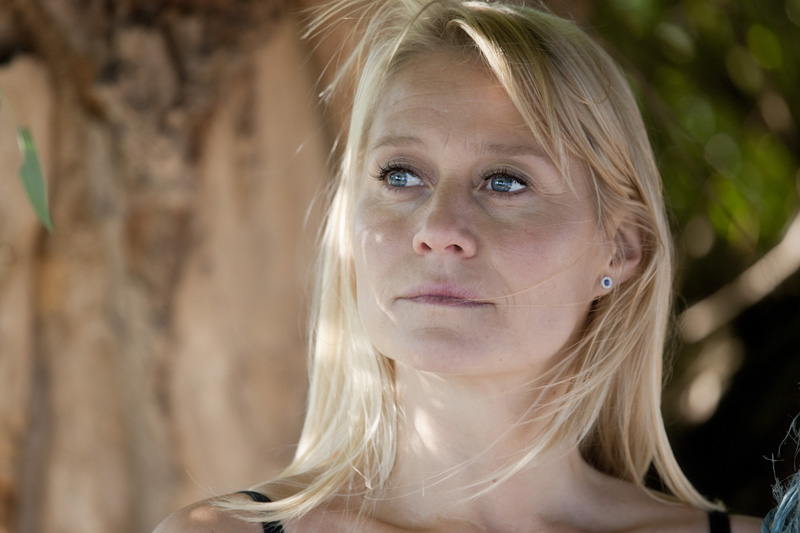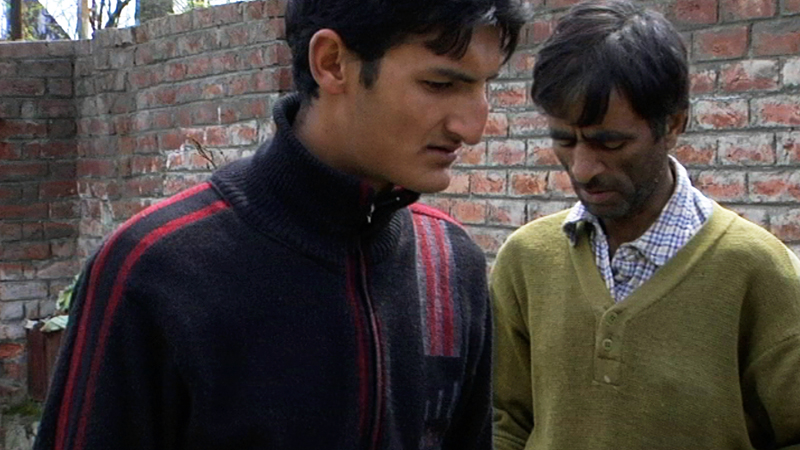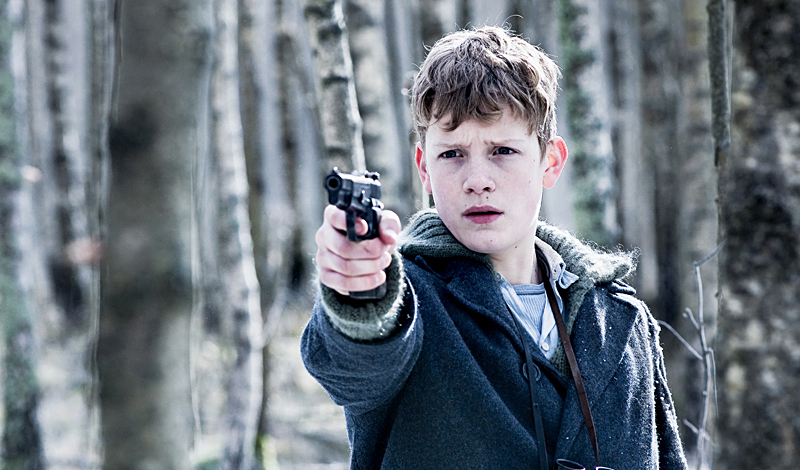Does it matter that a young Israeli filmmaker’s imaginative reconstruction of an abandoned Nazi propaganda film about the Warsaw Ghetto is not, strictly speaking, a documentary? Not if it sets a crucial historical record straight. Discovered by East German archivists after World War II and accepted for decades as one of the few visual documents of life inside the ghetto, the 1942 film—in which rich Jews lived the high life in the ghetto, while ignoring or exploiting the suffering of the poor Jews—was revealed as manipulative distortion once a British film researcher uncovered a fifth reel of outtakes in 1998. Mixing staged scenes with documentary footage of starving or dying Jews, the new footage made clear that the Nazis forced more prosperous-looking Jews into service as actors in order to portray the ghetto as a place of unpalatable extremes they created themselves. Filmmaker Yael Hersonski, herself the granddaughter of a Warsaw Ghetto survivor, rebuilt the rough cuts into A Film Unfinished, adding commentary from nine survivors as they watch, as well as excerpts from ghetto documents and testimony from the only identified Nazi cameraman on the project. The most wrenching testimony comes from an elderly Israeli survivor of the ghetto who, watching the film, covers her eyes, then finds solace in the fact that she has recovered enough humanity to find her past unbearable.
A Film Unfinished: Deciphering Nazi Propaganda








